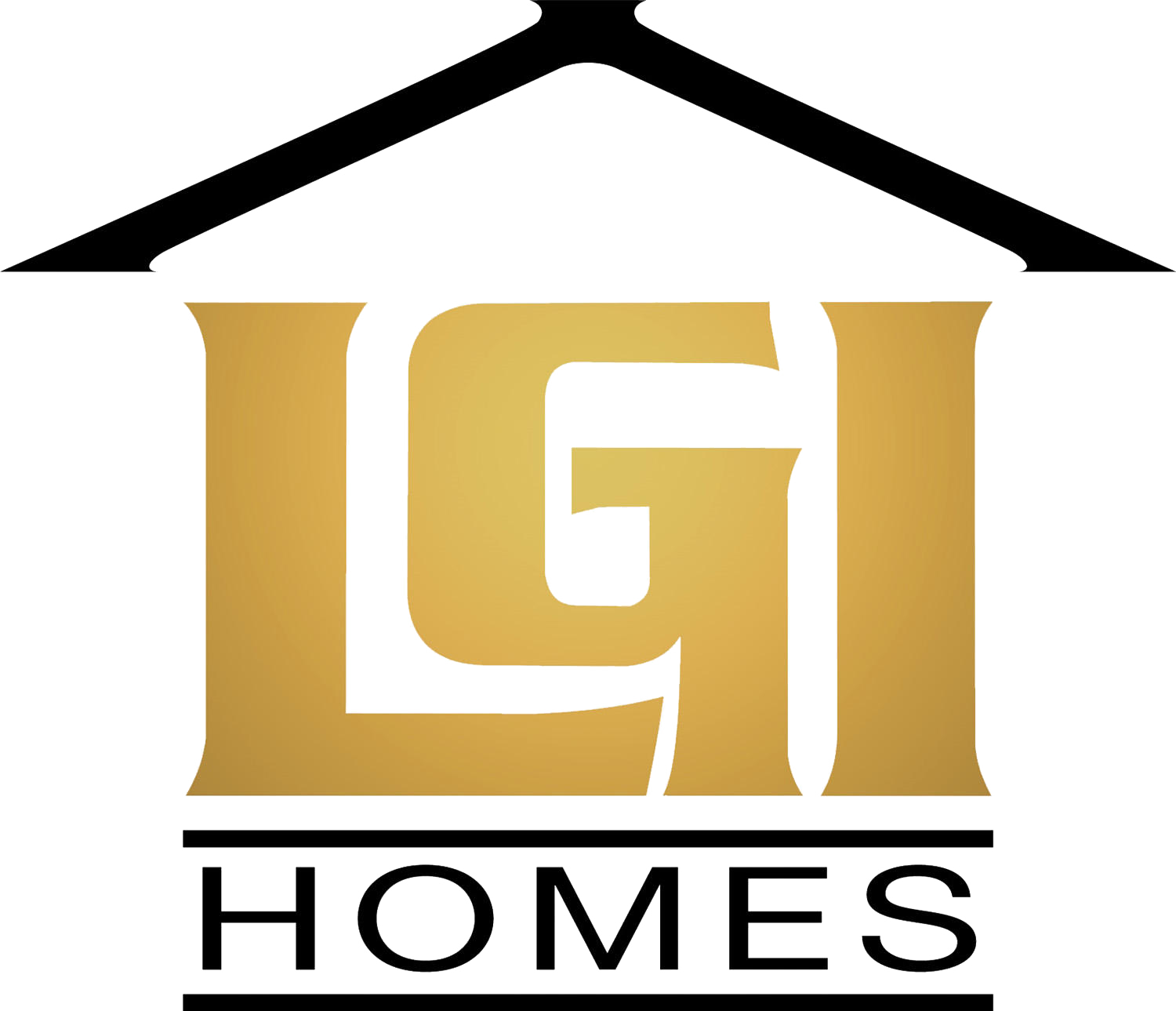
Two common homebuying scams that first-time homebuyers should be aware of are (i) credit cleanup and (ii) unlicensed lenders.
As a first-time home buyer, it can be confusing navigating the world of real estate and figuring out which deals to take advantage of and which ones to pass on. Unfortunately, con artists are more than happy to take advantage of the naivete of first-time buyers, and countless home buying scams have popped up in recent years. Knowing about common scams will ensure you don’t fall victim yourself while shopping for your first home.
Credit Cleanup Offers
Because your credit history determines how much you qualify for on a mortgage, you may be tempted to use the services of a company offering to help you cleanup your credit before you apply for a loan. Be wary of such offers, as many of them are scams that can easily run you into even more debt. That saying “if it seems too good to be true, it is” certainly applies to many credit repair companies, who promise that they will clean up your credit so you qualify for a home loan – for a fee, of course. It’s virtually impossible for these companies to do anything to change your current credit, and countless Americans have fallen victim to these scams, sometimes finding themselves thousands of dollars in debt at the end. Instead, focus on paying all of your current bills in full and on time every month to build your credit, or get a secured credit card to use to pay your bills so you build credit in two places. It may take a few months longer to get your credit into top shape, but it will ensure you don’t spend money on a company that can’t deliver.
Unlicensed Lenders
As you’re shopping for a lender for a mortgage, you may stumble across a lender who looks great on paper, but a few months down the line, you realize you made a mistake. Typically found on the internet and conducting all of their business electronically, unlicensed lenders are usually located out of state or even out of country, making it virtually impossible for your local government to track them down in the event you get burned. Victims of unlicensed lenders have found that the companies simply take their money and fail to apply it to the principle balance of their loans, driving them into debt. To prevent this from happening to you, check with the Division of Financial Institutions in your area to verify that any lender you consider borrowing from is licensed, as well as their rating through the Better Business Bureau.
Image license: iStockphoto (view source)
